An NHS worker and councillor from Shetland has successfully completed a month-long challenge where he only ate local produce.
Alex Armitage was inspired by his mother Marian Armitage, a food writer who this year published her second book, Food Made in Shetland, to take on the task throughout the month of September.
It involved the 41-year-old feasting and snacking on products solely grown or caught in Shetland, including potatoes, fish, eggs, honey, butter, chillies, tomatoes and more.
Despite forking out £50 on honey over the 30-day period – half of Alex’s total spend – his overall costs on food and drink were around two-thirds of what he goes through in an average month.
“This was partly because most of the vegetables and the freshly caught fish were free, but mainly because I haven’t been buying expensive things and cut out coffee, alcohol, and chocolate,” Alex, from Bigton, said.
“I also didn’t spend any money on the hospital canteen and didn’t eat out – apart from one meal at the end.
“I spent about £120 overall on food for the month. I’d normally spend about £180 or more, depending on whether I eat out or not.”
Reconnecting with the land
Alex went on to say: “The things I have spent money on have been surprising.
“At the beginning of the month, I spent £26 on 5kg of butter at the dairy, which has been my main source of fat for frying as there’s no vegetable oil produced here.
“I haven’t eaten all 5kg this month, by the way!”
The honey expenses have proved well spent for Alex, who is a consultant paediatrician with NHS Shetland and a local councillor representing Shetland South on the Shetland Islands Council (Scottish Green Party).
It, along with mead which he has been brewing himself, has been a source of sweetness.
Other than his mother, one of the key reasons Alex ate solely local produce last month was to try to encourage people to think more about what they eat and where it comes from.
“Before the oil boom brought wealth to Shetland in the 1970s, folk were more connected to the land and much more dependent on what could be produced locally,” says Alex.
“Food brought people together, not just in eating together but on the production side as well – growing vegetables, crofting, and fishing were all a collective effort.
“Now practically all our food gets shipped in from the south to be sold in the supermarkets.
“Food is getting more expensive, too. People are dependent on food banks and more and more of us can’t afford to buy good healthy food.”
Alex is also concerned that the production of food is responsible for around a fifth of carbon emissions.
He said: “The future is going to need to see huge changes in our diets and eating more locally-produced food, particularly fruit and vegetables, could be one aspect of that.
“But in no way am I trying to persuade everyone to go 100% local.”
‘Shetland food happens to be very, very tasty’
Mackerel, broccoli and potatoes, yoghurt, raspberries and honey, and a fusion of green peas, potatoes, carrots and rhubarb are among the dishes that Alex has whipped up.
Most meals consisted of potatoes for carbohydrates, fish or eggs for protein, and vegetables.
As well as purchasing a lot of the food he consumed, Alex was gifted a number of items by friends and members of the community.
Onions, courgettes, French beans, tomatoes and raspberries were among them.
He said: “My most exciting gifts have been from my two favourite places in Shetland – the islands of Foula and Fair Isle.
“Both isles are situated a long way from the Shetland mainland and they often have to go for weeks without supplies, so Fair Isle and Foula folk know a thing or two about food security.”
Alex received two shipments of plums from a greenhouse in Fair Isle, as well as a box boasting an assortment of chillies, coriander seeds, potatoes, pears, apples, onions and lamb shanks.
Positives outweighed the negatives
The task did not come without its challenges. But what did Alex struggle with most?
“The hardest thing was giving up coffee,” he said.
“As an NHS doctor, I run on the stuff and it was really hard giving up.
“I had a bad headache and felt really disoriented for the first four days of the month but I came out the other side and am going to try and stay off coffee from now on.
“I now find it so much easier to wake up in the morning and in general I have more energy than I used to.”
Another issue was time as it wasn’t a simple case of purchasing ready-made products from the supermarket.
Alex added: “Most of the food has to be bought from small shops or fished from the sea, or picked or dug from the yard.
“Once you’ve got all the food home, there’s more time to be spent filleting, scrubbing, peeling, chopping, and cooking.
“I’ve learned so much and it’s been a real joy having that extra connection to my food – but it has been a challenge fitting this all into my already busy life.”
Importance of buying local
The NHS Shetland worker and councillor went on to say the best thing about the experience has been the “new connections” he has made with people.
“Food produced locally is generally much better for the climate,” Alex said. “Though there are some exceptions.
“Buying local food is also really important for the local economy and it’s more likely to be better for your health as well.”
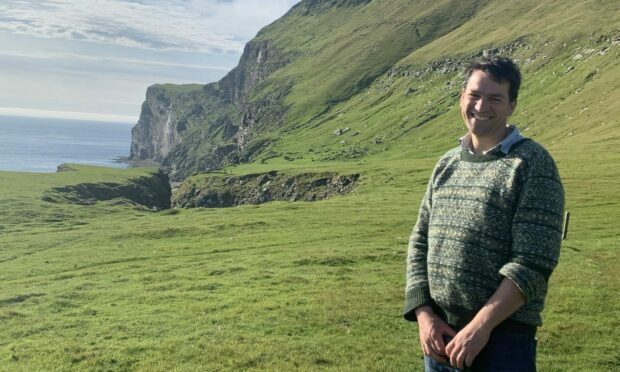
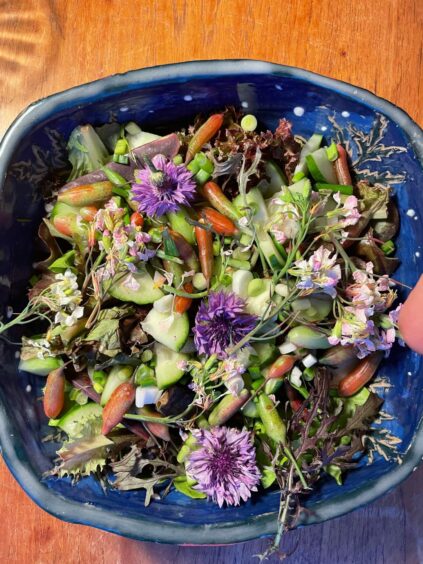

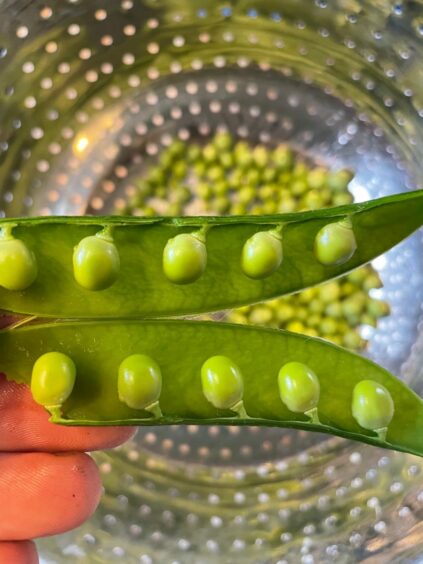
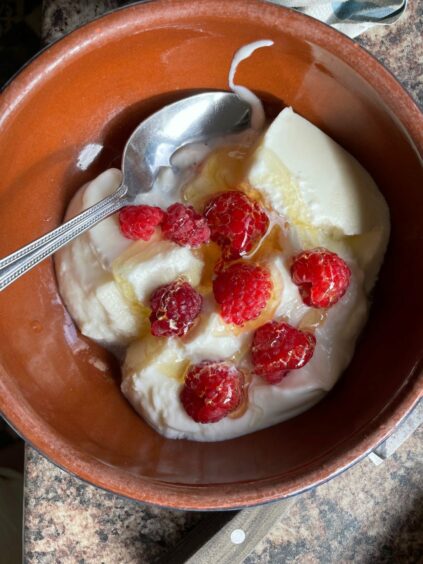
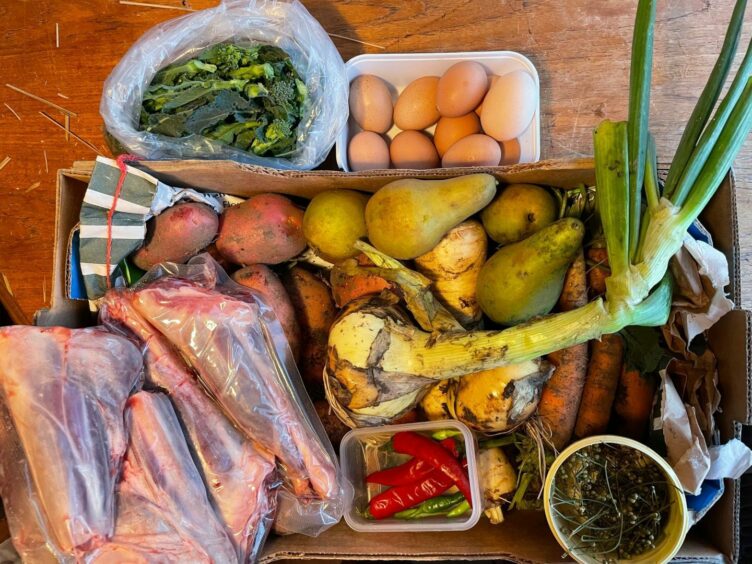
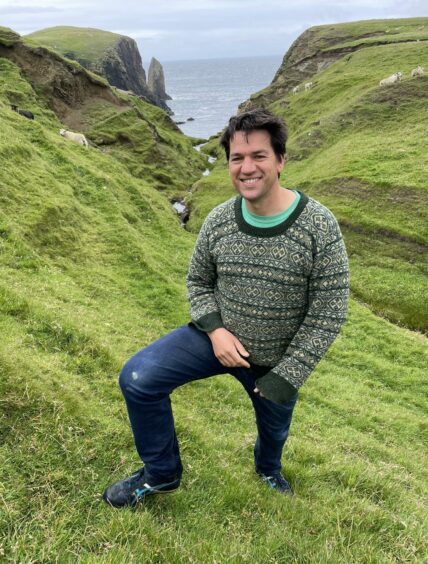

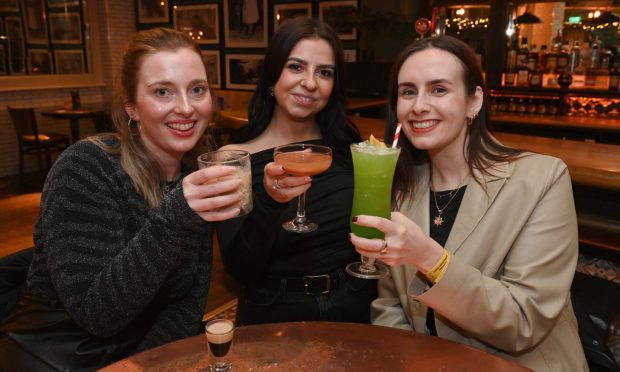
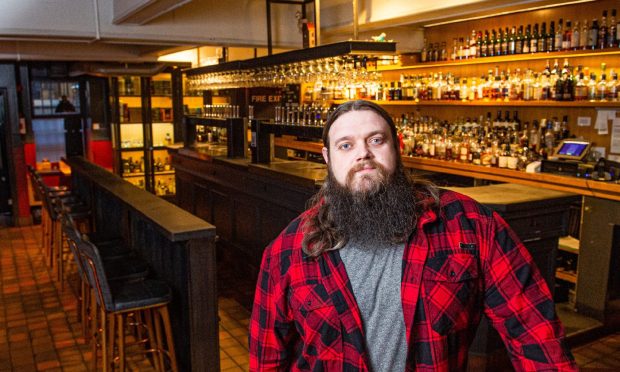
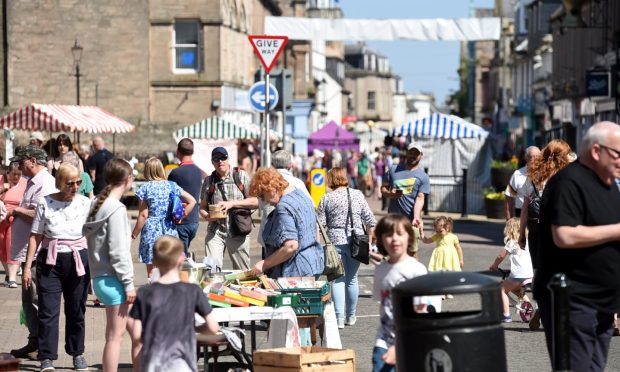
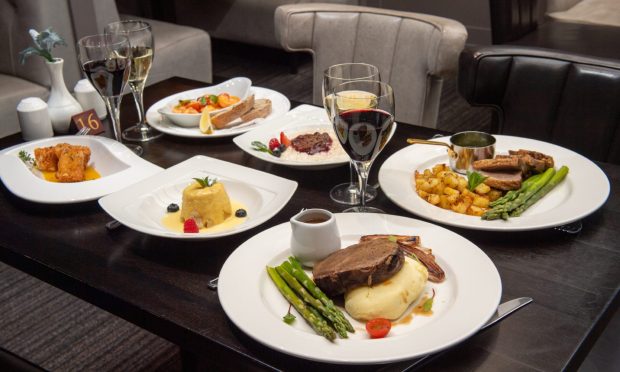
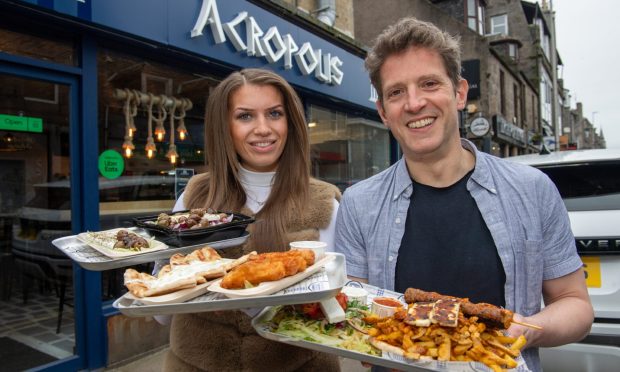
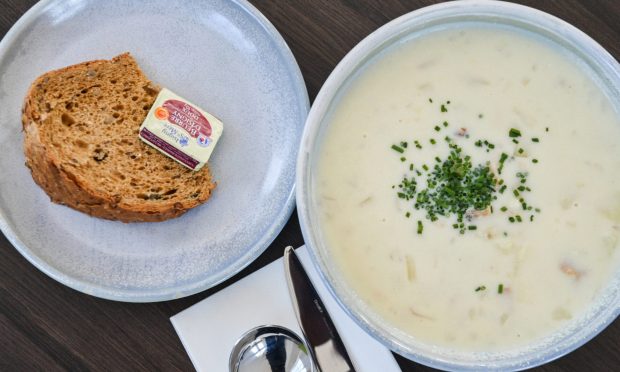
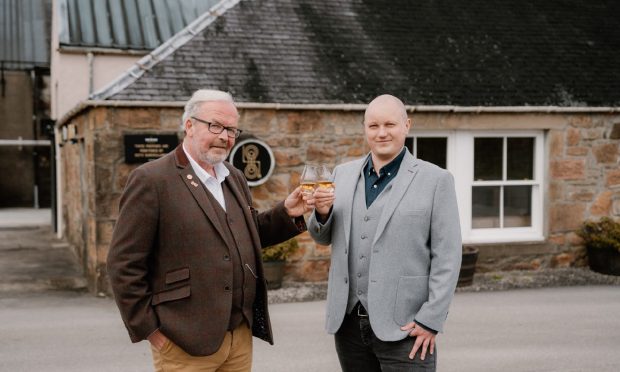
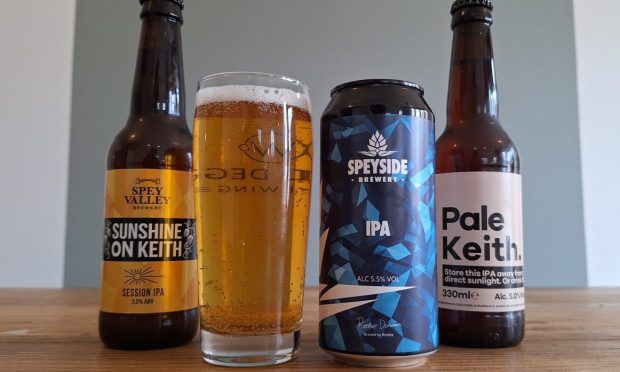
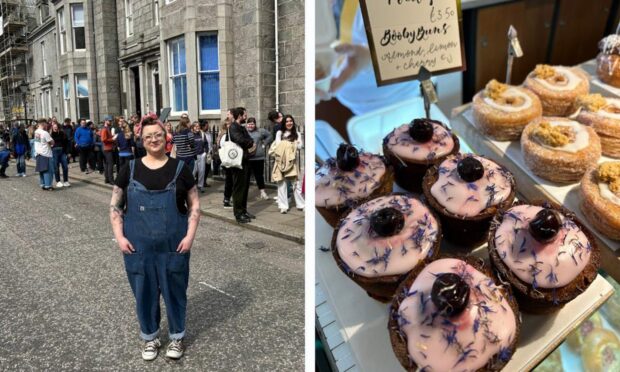
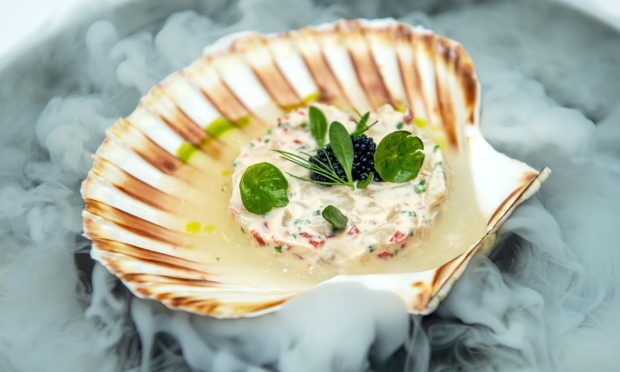
Conversation